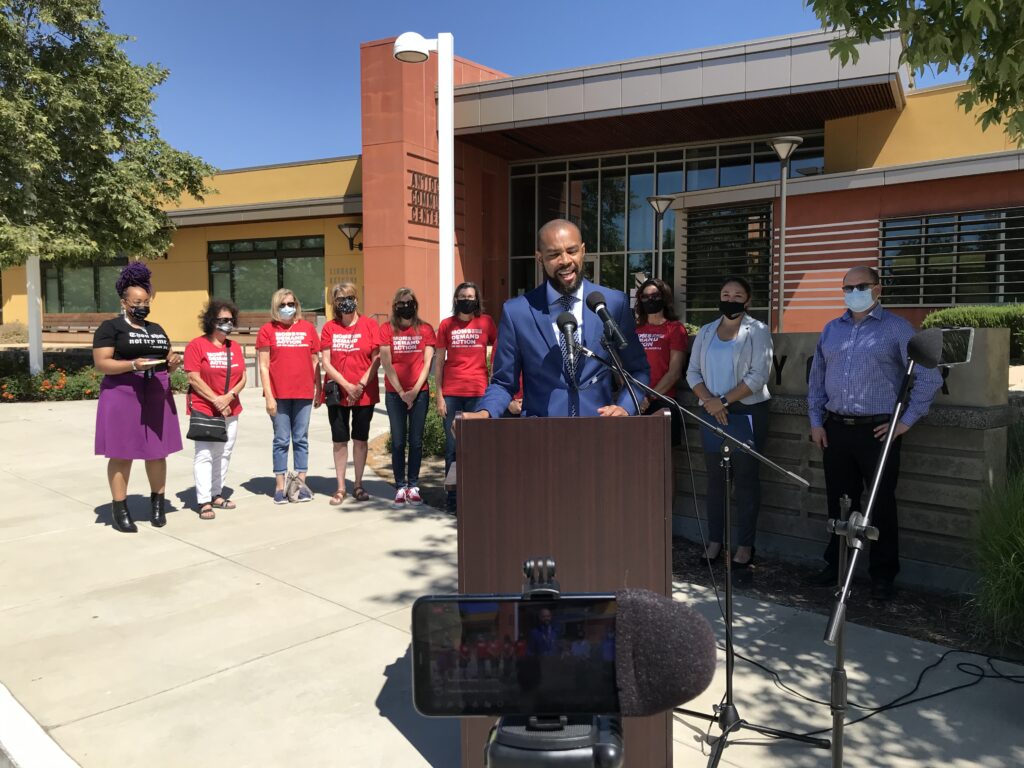
Antioch Mayor Lamar Thorpe speaks at a press conference about youth programs and violence prevention, in front of the Antioch Community Center at Prewett Family Park, on Thursday, May 6, 2021.
By Allen Payton
During a press conference Thursday morning, Antioch Mayor Lamar Thorpe, along with District 1 Councilwoman Tamisha Torres-Walker and Parks and Recreation Commission Chair Marie Arce, introduced several proposals for youth programs, including summer and after school jobs and internships, as well as more school safety staff and an ordinance on keeping ammunition separate from guns in the home. (See complete video of press conference it begins at the 1:55 mark)
Thorpe first introduced the city’s new Parks and Recreation Department director, Brad Helfenberger.
“I worked for the City of Emeryville creating new programs for youth,” he said. “I look forward to working with the city council in investing in our youth.”
Thorpe then spoke about youth in the community.
“Antioch is the second largest city in our county and growing because of youth,” he said. “Kids under age 18 make up a third of Antioch’s population.”
He then introduced, “my new homegirls from (Diablo Valley) Mom’s Demand Action.” Seven members attended the press conference, including some from East County, but none of the 99 members they claim live in Antioch were in attendance.
Thorpe then shared some statistics saying, “Roughly 72% of Antioch’s students are on free and reduced lunch. 30% of them are English learners. Currently, only 49% of students are meeting the state reading standards and in mathematics 60% of our children don’t meet state standards. When our seniors graduate high school, only 23% of students are prepared to go to a four-year college or university.”
“Please don’t take this as an indictment on our school system,” he continued. “My hats off to our local teachers for the many instances of beating the odds by taking a kid living in absolute chaos and producing the Pittsburgh Steelers’ first round NFL draft pick, Najee Harris; producing an undrafted free agent like Isaiah Dunn and taking him all the way to the New York JETS; taking a kid living on the streets of Antioch with his family, like Sage Bennett, providing him a little stability during the day and preparing him to become a full ride scholarship recipient at UC Berkeley.”
“Right now, at Antioch High School, there is a 16-year-old little girl, who immigrated here from Asia, who literally just learned English a few years ago, getting ready to graduate and enter a pre-dental program at the University of the Pacific,” Thorpe shared.
“By no means is this an indictment on our school system,” he reiterated. “However, it is an indictment on all of us and what our values reflect.”
“In Antioch, we’ve placed a high premium on criminalizing kids than we have on investing in their development,” Thorpe continued. “Don’t take my word for it, look at the city’s budget, its plain as day. And yet, we only seem to talk about our youth when something bad has happened, to point out what they’re not doing right and with absolute contempt.”
“That’s not right,” he stated. “But as mayor, I want our young people to know that I hear you. I hear you when it comes to after-school programs, summer job opportunities, a space for you to express yourselves, equity and safety in our community and much, much more.”
Six Summer Youth Programs
“This summer, we are going to be launching six youth-centererd, pilot programs from May to August, as a way to offer youth alternatives to the streets,” Thorpe stated. “One of these programs is called the Middle School Pop Up Park Program. This will be the city’s first program that specially targets middle school students as our summer recreational programs do not tailor to middle school aged students.”
“These pilot programs will help us gather data and determine scalability,” he continued. “In addition, I’ll be advancing four measures at the May 25th council meeting to aid in this effort.”
Those four proposals include the following:
- Develop Midnight Basketball initiative that targets middle and high school students:
- Acquire property for youth to legally and safely use off-road vehicles such as ATV’s, dirt bikes, etc.
- Continue the Summer Bus Pass initiative
- Develop a Parks and Recreation rate structure for AUSD students who qualify for the Free or Reduced Lunch Program to increase access to summer recreational programming
Thorpe also mentioned expanding the Council of Teens.
“We’ll be launching a COVID-19 workforce program…and build an Antioch internship program focusing on ages 18-24 or 15-24,” he shared.
Thorpe mentioned few more proposed initiatives, including a Youth Art Expression program.
Parks and Recreation Commission Chair Arce then spoke, saying that the Youth Services Advisory Committee gave input in the development of the programs. She focused on the issue of access and affordability.
“We created a mock enrollment to enroll two adults and two children” but “the enrollment fee would consume 42% of income” of those or those on the free school lunch program “and 30% of income” for those who qualify for the reduced lunch program.
The plan is to offer the programs for free to those who qualify.
Gun Violence Prevention
Thorpe then spoke about long-term strategies for community-led violence prevention and intervention strategies.
“Obviously, violence continues to be a challenge for many Bay Area cities including Antioch,” he stated. “We all know, gun violence is a national problem and Antioch is not immune from it. In some parts of Antioch gun violence is a normal occurrence.”
Thorpe spoke of the resolution that the city council recently approved in support of federal legislation on gun violence.
Torres-Walker then spoke on the issue saying, “I have lived in this community for six years. My first experience was gun violence. There were many efforts but nothing sustainable because the city lacked the will and the resources.”
“On March 29th I was informed by the police chief that the Antioch Police Department and Oakland Police Department were working together,” she shared. “The press release of April 15 was no surprise to me.”
“Now my son can walk to the store, safely,” Torres-Walker stated. “I informed the chief that we are not going to arrest our way out of this problem. The chief agreed. Those on the Gang Violence Task Force also agreed.”
“We need to curb gun violence in Antioch to make our city safe,” she continued. “But not just gun violence, all violence is up during the pandemic.”
She then spoke of “establishing a task force that will be led by the community and supported by experts…and our police department who show up after violence has occurred but not curb violence.”
Proposed Safe Ammunition Storage Ordinance
Thorpe then shared that he will “be advancing three items for the (May) 25th (council meeting)” including “a Community Led Violence Task Force and an ordinance for safe storage of ammunition.”
Michelle Sinnott, an Alamo resident and Co-Lead of Diablo Valley Moms Demand Action, spoke about gun ownership in America and the impact of gun violence against Black Americans.
“There are more than 393 million civilian-owned firearms in the United States, or enough for every man, woman and child to own one and still have 67 million guns left over,” she stated. “From March through May 2020, an estimated 5.9 million guns were sold, an 80% increase over the same time period (the previous) year.”
“Black Americans are disproportionately impacted by gun violence,” Sinnott continued. “They experience nearly 10 times the gun homicides, 15 times the gun assaults and three times the fatal police shootings of white Americans.”
“Firearms are the leading cause of death for American children and teens,” she shared. “More than 1,800 children and teens die by gun homicide every year. For children under the age of 13, these gun homicides most frequently occur in the home and are often connected to domestic or family violence. Black children and teens are 14 times more likely than white children and teens of the same age to die by gun homicide. Black Americans are nearly two times as likely to die from COVID 19 as white Americans and four times as likely to die from gun suicide.”
“Street outreach programs like the ones being proposed by the mayor and Council Member Walker are associated with up to 37% reductions of gun injuries,” said Sinnott. “Violence intervention programs provide evidence and community informed comprehensive support to individuals who are at the greatest risk of gunshot victimization.”
She then spoke of safe storage of guns and ammunition saying, “secure storage prevents shootings by disrupting unauthorized access to firearms. Make our homes and communities safer by storing guns securely. Store them locked and unloaded, separate from ammunition.”
“That is what the ordinance would require,” Sinnott explained.
“An estimated 54% of gun owners do not lock their guns securely,” she continued. “Every year 350 children under the age of 18 unintentionally shoot themselves or someone else; 4.6 million children live in homes with at least one unsecured gun; and 80% of gunfire on school grounds occurred because shooters under the age of 18 got their gun from their home or a home of friends and relatives.”
“Suicide is impulsive, and with COVID and increasing isolation the number of suicides is growing,” Sinnott shared. “Assume children and teens can find guns and keep those weapons locked and unloaded to save lives. We saw a 30% increase in unintentional shooting deaths by children in March through May of 2020 versus March through May average over the past three years.”
“The idea that these devices defeat the purpose of owning a gun for self-defense is simply not true,” she stated. “There are many affordable options for firearms that provide owners with quick access to their guns.
“Moms Demand Action support these measures. Let’s make Antioch safer for everyone,” Sinnott concluded.
Long-Term Recreation Programming
“The last item is long term recreation programming,” Thorpe shared. “We’ve got to invest in our children.”
Arce spoke again saying, “we also reached out to community-based organizations. Our programs should be
equitable, sustainable programs for our youth. We have several great community organizations that want to partner with us.”
She then spoke of food access through farmers markets.
“Downtown residents lack access to fresh fruits and vegetables,” Arce said and proposed a youth-run farmers market to learn directly from farmers and learn sustainable farming. “It reduces carbon emissions and increases biodiversity.”
“We can add some after school and summer programs and possibly create Antioch’s own farm,” she continued. Arce spoke of the desire “to create an inclusive environment for youth with all abilities. There is a lack of space, accessibility and parental knowledge. Many spend their days in our parks because it’s free. But during winter months this is a health risk.”
“We are proposing our rec department offer access to programs, and include wrap-around services,” she added.
She then proposed “an All-Abilities Day at the Antioch Water Park” and “after school and summer programs.”
“The youth focus group does not represent all the youth of Antioch,” Arce pointed out.
She then mentioned a “music development program and workshop partnering with LMC and use of their recording studio.”
“We can also partner with CBO’s (community-based organizations)” Arce said, mentioning a basketball program and community garden. “A dedicated space for them to feel safe and welcome.”
She then spoke of “opportunities to connect with employers. Possibly a job fair.”
“The youth would like to see our trails and traffic safety improved so they can travel to school,” Arce continued. “We can create a safe and enjoyable space for our youth in Antioch.”
Thorpe then spoke of “five additional measures to proactively deal with traffic and school safety issues, including private schools” including possible traffic calming devices and a “bicycle garden that will provide hands-on bicycle, pedestrian, and driver safety education designed for both programmed and independent learning in a comfortable, fun, permanent, car-free facility.”
“One of the difficult things as an elected official is to hear the cries of a grieving mother no matter what the circumstances…as they express what they want changed,” he said, then spoke of the mother of Jonathan Parker, the Deer Valley High Student shot and killed following a basketball game, last year.
“Only one simple goal, that we prevent from happening to others what happened to her son,” Thorpe stated. “What she’s asked for is extra security at major AUSD events.”
He then spoke of authorizing police officer overtime for major after school events and suggested Neighborhood Watch members to volunteer at basketball and football games.
“We just need people…watching our children to ensure these events are more safe for our young people,” the mayor added.
Torres-Walker then spoke about “increased campus safety at our local schools.”
“For many years I’ve had the opportunity to work on school safety and environment as a parent and advocate,” she said.
“We operate in a deficit love for our young people,” Torres-Walker said, quoting a pastor.
She spoke of the student, last year who tried to become a student trustee on the Antioch School Board, but was not appointed. That was because the student hadn’t followed the required rules.
“Our school district is not the only perpetrator of this deficit love,” Torres-Walker said. “I’m sure our students feel this deficit love when they don’t feel safe going to and coming from school.”
She then spoke of “school climate and school site safety plans to hire school safety professionals to make our schools safe. We also need people prepared to address safety on our campuses.”
“I’m also recommending we review the REACH program,” Torres-Walker said. “I have heard this program has had much success, but I have not received reports.” She spoke of making changes “or get rid of it if it’s not working for our young folks.”
Thorpe then wrapped up the press conference with some concluding remarks.
“As we enter these summer months all I can say to our young people, plead with you, not to resort to guns,” he said. “Torres-Walker and I are the only council members with children in our schools. We will be criticized. But I don’t care.”
“Be safe this summer. To cease fire. We want to help. But we can’t do it with violence,” the mayor continued. “We want to meet you 99% of the way there but you need to meet us 1% of the way.”
“They’re not always listening in Washington, even though it’s common sense,” Thorpe then said, directing his comments to the Moms Demand Action members. “But dammit, we’re listening, here.”
“I call on family members…I beg you when you see a family member pick up a weapon, call the police…and keep our people alive,” he concluded.
Questions on School Safety Staff
When asked what does she mean by school campus safety professionals, Torres-Walker responded, “every school district has school safety folks…to decrease violence to counsel young folk. What we need to do is make sure they’re trained and equipped.”
She and Thorpe were asked about their votes to cancel the $750,000 federal grant for placing six police officers known as School Resource Officers or SRO’s, on Antioch middle and high school campuses.
“Yes, absolutely I voted against the federal grant just like when there was an opportunity to vote for Cal VIP funds to reduce gun violence in 2019 and the council and chief passed it up,” Torres-Walker responded.
Asked if the Cal VIP funds are still available, she said, “Cal VIP funds are always available for intervention and prevention of gun violence. Antioch has the opportunity to get this funding.”
“We are petitioning the governor right now to increase it to $114 million,” added Sitton.
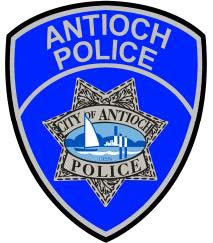 On Wednesday, April 12, 2021, at approximately 7:00 PM, Antioch police officers responded to the 1200 block of Oak Haven Way for a female that was shot.
On Wednesday, April 12, 2021, at approximately 7:00 PM, Antioch police officers responded to the 1200 block of Oak Haven Way for a female that was shot. 











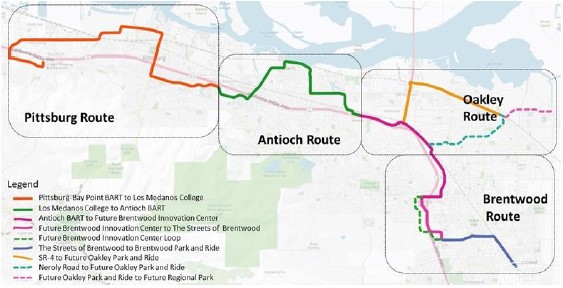


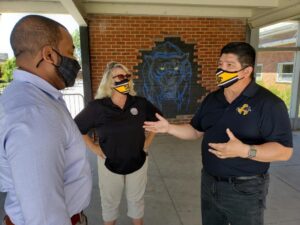

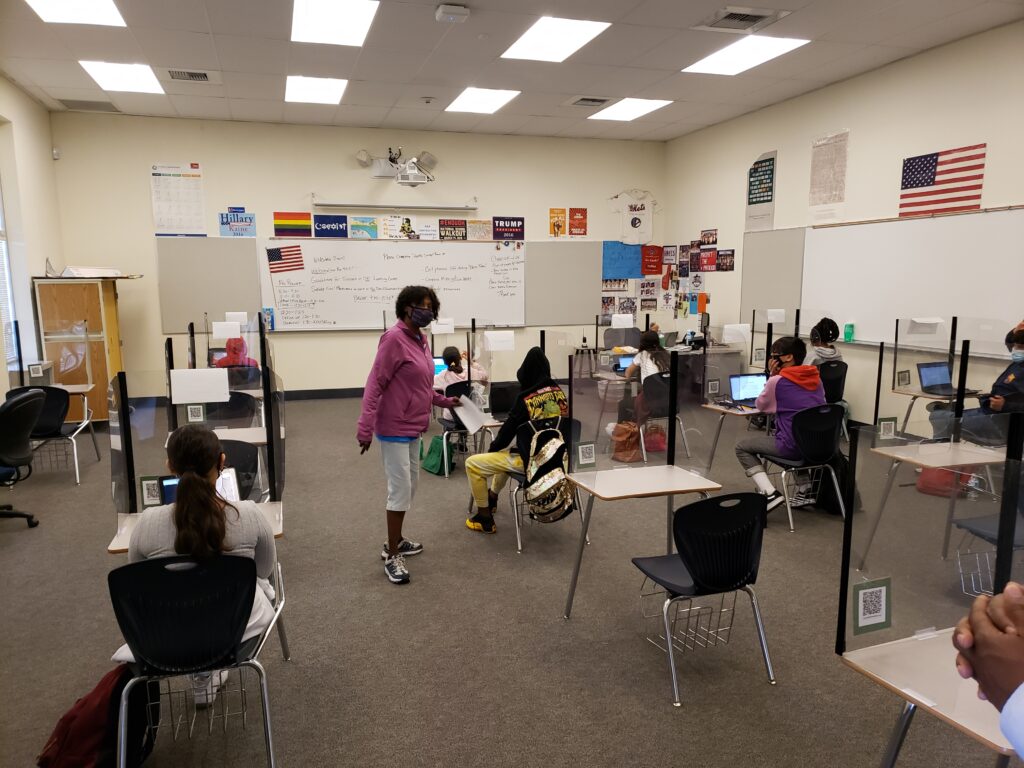
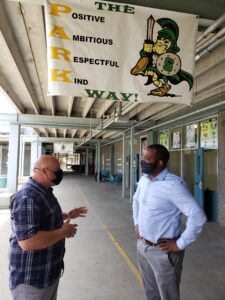
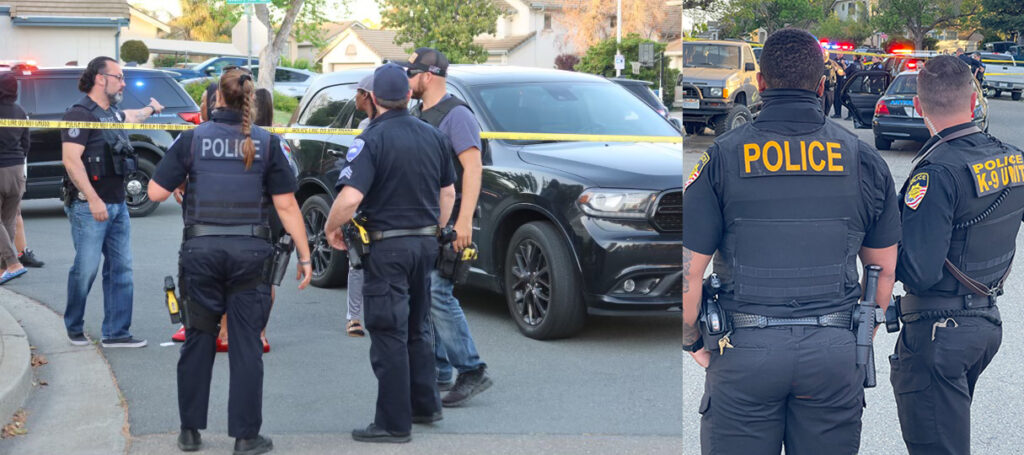
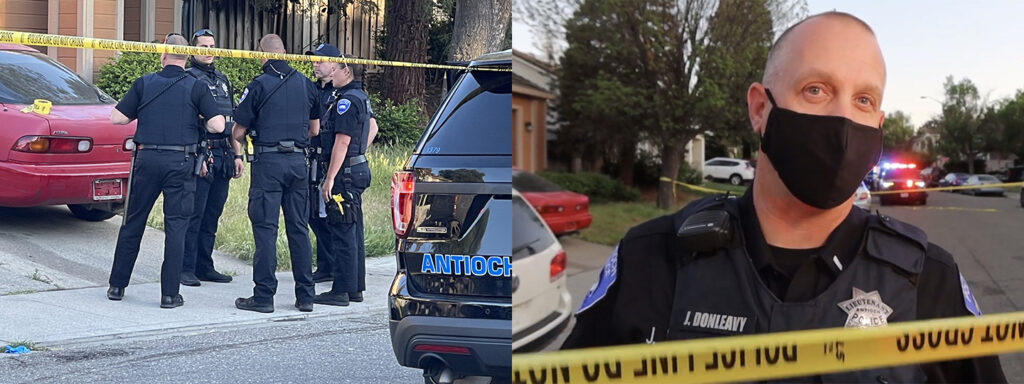
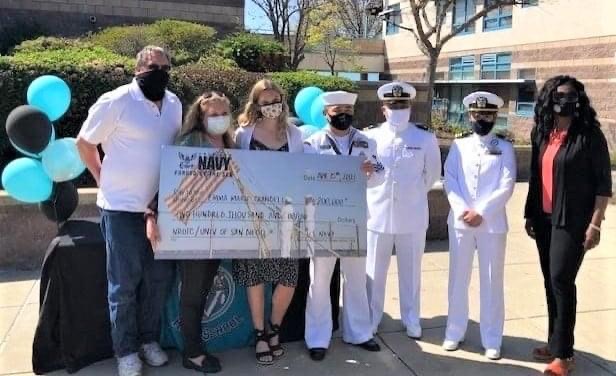
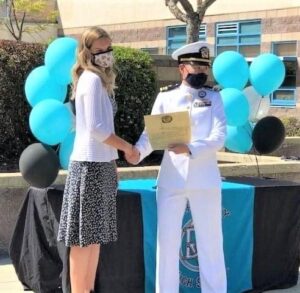


 The Contra Costa County Board of Supervisors is seeking applicants interested in serving on its 20-member
The Contra Costa County Board of Supervisors is seeking applicants interested in serving on its 20-member 













